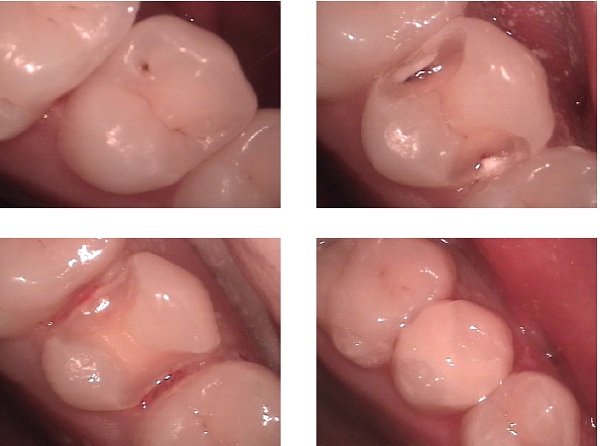
Research published in the journal Pediatrics indicates that some dental composites — long promoted as overall safer than mercury-based amalgams — are having a significant negative impact on the psychosocial functioning of children. In fact, bisphenol-A based dental restorations were found to be worse than mercury-based amalgams when it came to learning impairment and behavioral issues. [i] The study used data from The New England Children’s Amalgam Trial, which, surprisingly, found that children randomized to amalgam restorations had better psychosocial outcomes than those assigned to bisphenol-A based epoxy resin composites (bisGMA) for tooth restorations. The new analysis aimed to “examine whether greater exposure to dental composites is associated with psychosocial problems in children.” The results of the study, which looked at a group of 534 […] Read More
